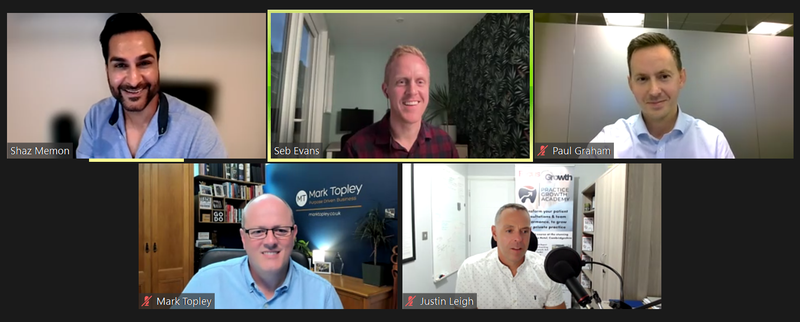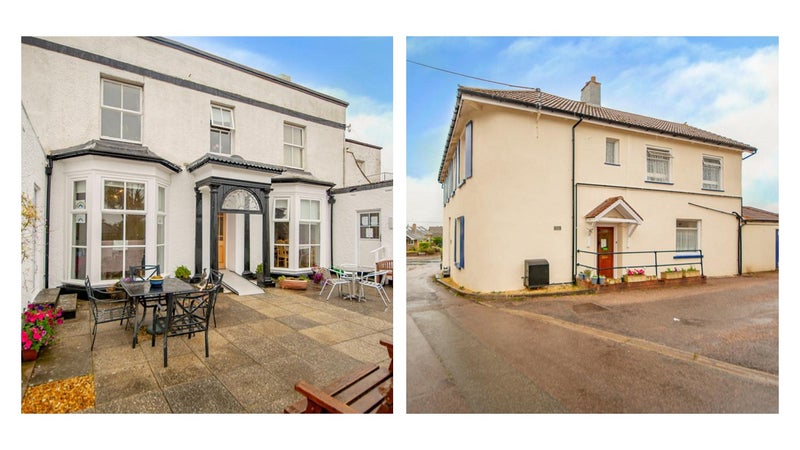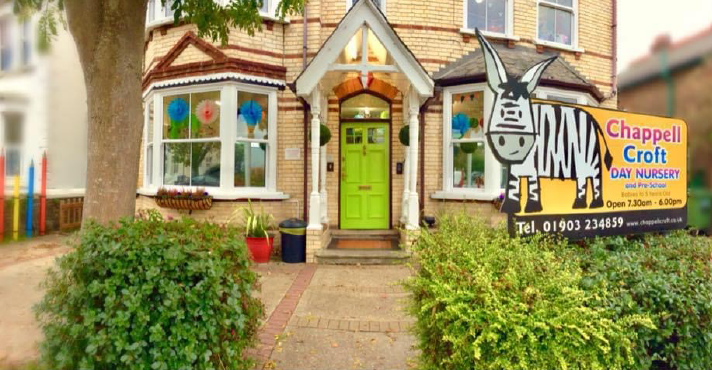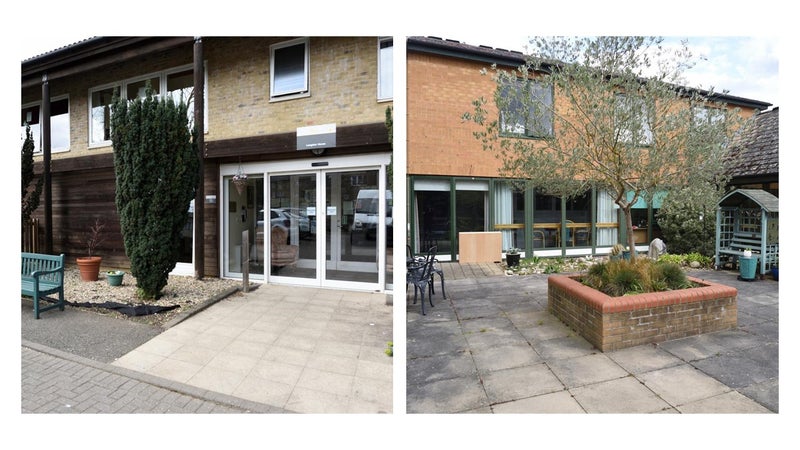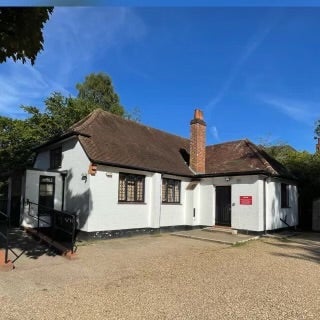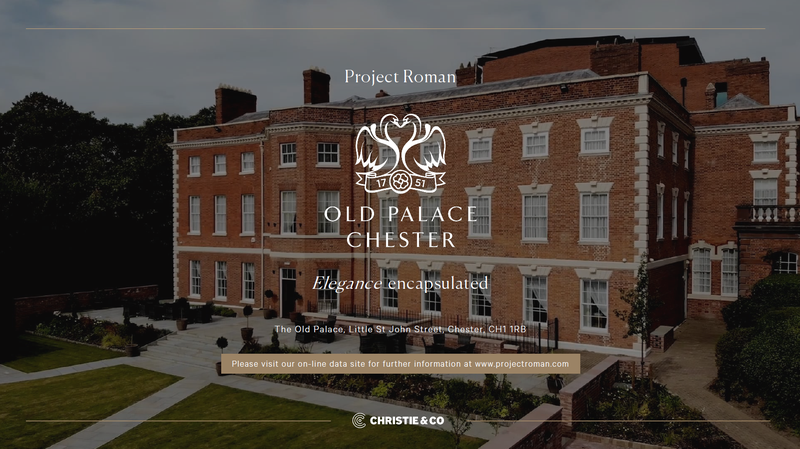Business Outlook 2020: North East Regional Focus
The North East market remains busy as opportunities in the region continue to be in demand from a range of purchasers. Hotel, pub and restaurant opportunities remain highly sought after and 2019 was a record year for the Care team in the region. Retail businesses are also very much in demand with convenience stores and petrol forecourts appealing to both existing operators and first-time buyers. Christie & Co expect a strong performance in 2020, following the expansion of its offering in the North East with some key personnel appointments during 2019.

CARE
2019 was a successful year with a 12% increase in completions compared to 2018. The transactional market has been dominated by corporate projects but at the same time we have worked on the sale of single assets to first time buyers and closed homes to residential developers. Additionally, and as in previous years, we have provided advice and disposal strategies to banks and administrators.
Operationally, staff retention and recruitment remain key focuses across the sector, particularly in the less affluent market where there is a heavy reliance on the Local Authority fee paying market. We predict this will continue into 2020.
Brexit and the General Election have been high on the agenda but there seems to have been little impact on the transactional activity. Quality will remain pivotal to the market in 2020 and this centres around quality of facility, management and staff.
Two key factors which will influence the market throughout 2020 are the National Living Wage (NLW) and Local Authority fee rates. The NLW is due to rise in April and it is essential that this increase is at least covered by an equivalent increase in Local Authority fee levels particularly in the less affluent areas of the Region. Local Care Associations continue to liaise with Local Authorities to ensure that operators are able to maintain staffing levels and standards of care befitting our elderly population. It will also be interesting to see what investment the Government makes to Social Care over the coming year.
CHILD-CENTRIC
The childcare market is going from strength to strength within the UK and is receiving a high level of interest from a range of buyers. With smaller groups looking to expand, there is now a higher demand for single assets from both first-time buyers, and regional and national group operators. The Christie and Co team have personally achieved a great deal within the sector this year, such as the launch of Project Baby, the first dedicated report into the Early Childhood Education and Care sector and Project Grove, a mixture of freehold and leasehold sold to regional operator. August saw the completion of Project Chaplin, the sale of two freehold day nurseries to an expanding national operator, one of which sits in the top 5 largest single asset sales for the UK in the last 5 years. We also completed Project Majestic, three leasehold settings in North Yorkshire to expanding group operator.
Going into 2020 we are predicting higher numbers of single assets sales, a higher number of leasehold opportunities to be available, and a higher number of sales to first time buyers and single operators. However, no year comes without its challenges. A large number of settings have reported a higher number of school leavers in September 2019 compared to 2018. This could see a reduction in profit margins for some operators who are perhaps more remote than others, with less advertising and marketing opportunities available. Staffing and recruitment will continue to be one of the key areas of focus for the sector, especially with the new Ofsted Inspection Framework which has resulted in more settings focusing on ongoing staff training and mental health and wellbeing policies.
DENTAL
2019 was a buoyant year for the dental sector, with the north east experiencing a steep increase in demand for private practices, which is still a developing market in the North of England. However, prominently located mixed practices are continuing to sell for premium prices, key transactions such as Project Logan; two large profitable mixed practices in West Yorkshire sold for more than 300% of turnover (£7.75m leasehold), and Withers & Ripley; a four-surgery NHS practice in Bolton sold for more than 220% of turnover.
Throughout the year we observed increased sensitivity over the pricing of practices in rural locations, due to the shortage of associates and subsequent NHS underperformance. Associates are increasingly working shorter hours due to modern day family and lifestyle balances.
Operators can add value by branching out into cosmetic dental and beauty treatments, and there will be continued drive from both new and existing equity-backed operators.
Headwinds throughout 2020 may include the retendering of NHS orthodontic services which will render contracts worthless until secured as well as ongoing reformed NHS contract negotiations. The general hypothesis is that operators will have to work harder for the same money, but this is likely to be delayed for the time being. A two-tiered market is currently emerging, where operators will have to be realistic about the price of their rural practice; particularly as the market becomes more sophisticated and aware of valuation. The shortage of associates will squeeze margins due to rising UDA pay rates and this will be aided by the recent announcement of NHS contract uplift.
Without the mutual recognition of EU medical professionals, Brexit has the potential to restrict or delay the number of European dentists moving to the UK in an already under-supplied workforce. In theory European dentists may have to enrol on the PLVE course which can take up to two years to qualify.
HOTELS
The North East region has experienced a satisfactory year for hotel sales amidst the national decline, thanks to several significant transactions through the region. York appears to be the shining star within the North East, achieving the fourth highest level of room yield growth in 2019. Christie & Co observed an increasing interest for country house hotels and expect this to continue throughout 2020.
Political uncertainty deriving from Brexit clearly affected the market in 2019 with notable declines in RevPAR, as well as uncertainty around work force pressures due to a large portion of the workforce being immigrant workers. Despite the issues that the sector faced over the past 12 months, there is still an ongoing strong appetite from both domestic and overseas investors.
We are predicting an overall brighter future for the hotel market in 2020. Following on from the December general election, which brought forth a majority government, there has been an uptick in investor confidence and resultant increase in deal flow. However, challenges will not simply disappear. Christie & Co predict that the continued addition to supply, cost pressures and staffing issues will impact trading.
RETAIL
2019 was an excellent year for the retail sector with garden centres, petrol filling stations, and convenience store markets all remaining strong throughout the year. There were a number of key transactions including One Stop trading with Neasham Road News Darlington off asking price of £385,000, as well as the successful sale of Woodham Services Newton Aycliffe to Penny Petroleum off an asking price £1.1m. Additionally, Christie & Co acted as retained agent for one of the Top 10 Indie petrol filling station operators in the UK, acquiring four trading sites for them in the North East and Cumbria and one via agency.
Headwinds included a lack of freeholds on the market and a drop in the value of goodwill for stores doing on average £10,000 pw, to around the £60k mark. In addition, some owners delayed redeveloping stores and improving their offering due to Brexit. However, those that did not delay enjoyed strong demand from viewers and a number of businesses sold with multiple bidders due to the lack of quality supply.
Within the wider grocery convenience market competition increased, with the discounters such as Aldi and Lidl opening new stores, whilst Sainsburys & Co-op opted for new sites in alternative buildings such as former pubs. The declining sale of newspapers was noted along with tobacco; however, vaping has introduced an alternative and comes with good margins.
Looking forward into 2020 we predict that the number of buyers from the South of England looking for value for money in the North is likely to continue. Demand for forecourts will outstrip supply and comes from first time buyers, franchise operators of other companies, existing operators of single and multiple sites, capital investment from those not currently in the sector. The minimum level of weekly turnover will have to continue to increase for the purchase of some stores to be viable. As such the news of further business rates reduction will be very welcome to small businesses.
PUBS & RESTAURANTS
The pubs and restaurants sector experienced many headwinds throughout 2019. Key focuses in the restaurant sector include the constant change in customer demands and trends, including the increase in street-food & pop-up concepts as well as grab & go and convenience markets. Due to this, established independent restaurants in affluent towns and cities will have been kept busy competing against new contemporary concepts. The challenge in selling these restaurant businesses is achieving a high premium.
Leasehold restaurant operators face challenges of high CAPEX spend and outstanding branding / competitive pricing to get consistent trade.
Buyers this year seem to be even more resistant on paying decent value premiums for goodwill. Any fixtures and fittings spent by the owner are ‘value-less’ in the eye of an incoming purchaser. Unless the current business in there is a truly winning model, all the new purchasers want is the premises, location and lease security for themselves. Your average running restaurant has struggled to achieve over £75,000 this year generally speaking. Only the unique and high-volume restaurants will achieve over this.
Despite these headwinds in the past year, Christie and Co have seen some extremely promising successes. We were proud to have acted for Greene King selling a freehold site in Horsforth to a local investor, followed by taking instructions from the new owner and agreeing a sale to experienced operators within 8 months. In addition to this; Agreeing sales on 5 guesthouses in North Yorkshire – Hazelwood, Blossoms, Belmont, Sidings, Palm Court.
In fact, the volume of completions up by c. 28.5% from 14 to 18 with leasehold being four times as many as the prior year and 50% of deals in total.
At a corporate level we advised on and assisted in the sale of many of the Jamie Oliver restaurant sites, as well as the Marston’s deal with Amber Taverns for £44.9million.
Looking forward to 2020 we are predicting ongoing struggles for high restaurant premiums, as well as ongoing demand for the three-way income stream pub with rooms. Food destination pubs will remain attractive in North Yorkshire as well as wedding and events venues. More microbreweries will open up in city centre and suburban locations, leading to the incline of craft ales, coffee and low carb drinks. Guesthouse B&B businesses in affluent and touristic locations will remain in demand due to their high profit margins and low running costs.
We do believe that Brexit will have an impact on the licensed sector both positively and possibly negatively. For example, local tourism to the area is up with staycations up by 10% year- on- year, with Yorkshire alone seeing more than a 20% rise. The negative aspect is based around uncertainty, particularly in staffing, as we are still yet to understand the full effects.
PHARMACY
The pharmacy sector continued to endure the impact of the latest Category M clawback of £50m until the end of March 2019. Alongside this, the sector still saw challenges from drug supply shortages and resultant pricing issues.
Despite these headwinds, there have been some key successes. In February alone we were instructed on 70 Rowlands Pharmacies and after a short marketing period, sales were agreed on the majority which continue to progress to exchange and completion as we enter 2020.
In July, the DHSC announced its new Five-Year Deal fixing the global funding sum at £2.592 billion per annum for each of the five years. In doing so, it has signposted changes in the allocation of funding to more service-led activities. Whilst the settlement has received a cautious welcome from many in the sector, the full impact is difficult to measure and will be dependent on the roll out of new services over the course of the deal.
Looking forward into 2020 we believe that there will be further retirement sales from those that will struggle to adapt to the new funding regime and service-led contract, as well as an increase in sales to first-time buyers, who are keen to run their own businesses. We should also continue to see more corporate disposals as they look to improve their retained estates.
With Brexit now underway we may see ongoing drug shortages and increased volatility in drug prices. This along with proposed increases in National Living Wages will continue to place pressure on Gross Profit margins and resultant Net Profit margins. Bottom line will also be impacted depending on the allocation of funding and implementation of new service activities as outlined in the Five-Year Deal.
